
4 minute read
What is... Equine Metabolic Syndrome? 4
12 WEEK Herbal and Feeding Program
Removal from pasture, diet correction and herbal therapy. Contact McDowells directly to assess dietary requirements. Elimination herbs – used to help the metabolism of adipose tissue. These herbs (called Alteratives) also help the blood stream remove excess hormones and inflammation. Burdock, Echinacea, Garlic, and Fenugreek are what I commonly use.
Advertisement
Neuro-endocrine support - Combinations of herbs that support the Hypothalamus, Thyroid and Adrenal axis are used to nourish and improve function of these important glands. . Even though the pituitary is the problem in Cushing’s, supporting the master gland is essential when balancing the endocrine system, in particular the hypothalamus. Chaste Tree, Black Cohosh and Hawthorn can be used, as well as Ginseng. Supporting the metabolic partners – making sure that the liver and kidneys and pancreas is functioning well is simply common sense. Herbs that can be fed regularly: Fennel, Dandelion, St Marys Thistle, buchu and rosehips. Supporting the gut is also critical – creating a healthy microbiota, like composting the gut with herbs that microbes love (this is what a prebiotic is) and helping the whole ecology of the microbiota is essential. The herbal formulas I use in practice are: McDowells Insulin Resistance Program • McDowells Metabolic-S • McDowells Equigesta Pre • McDowells Alleviate (in the case of laminitis)
Medicine of Mother Nature…
I was first introduced to the concept of Herbal Lore when I was very young. I think one of the earliest influences I can remember was from my grandparents, who were very traditional Bathurst farmers of the well known Cox family. My grandfather had the “people’s home library” which was a compendium of all kinds of home cures. Herbal Medicine is, at its core, studying nature and the humanities. It’s about observing our diet, our environment and how we respond. Keeping a balance is difficult in the modern era as we are no longer interacting with our environment in the same way as we may have done even as little as a 100 years ago. As a Dorothy Hall graduate working along side the well known Robert McDowell for many years and furthering my education with Dennis Stewart, I have developed my own unique application of herbal remedies. Working primarily with animals (Horses and Dogs) has been the most rewarding. Having seen herbs work so well in so many cases has proven to me time and again the under-utilised power of herbal medicine. It is heartening to see now Vets, and some Medical Doctors seeing the traditional application of herbs as useful. My comprehensive service includes free animal consultations 24/7 via my web site, and face to face consultation at 62 Corporation Avenue, Bathurst NSW 2795.
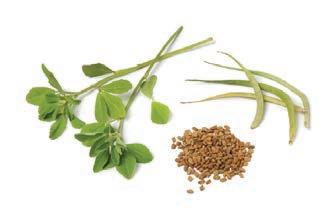
CLINIC: (02) 6331 3937 INTERNATIONAL: +61 2 6331 3937 ADDRESS: 62 Corporation Avenue Bathurst NSW EMAIL: info@mcdowellsherbal.com WEB: www.mcdowellsherbal.com
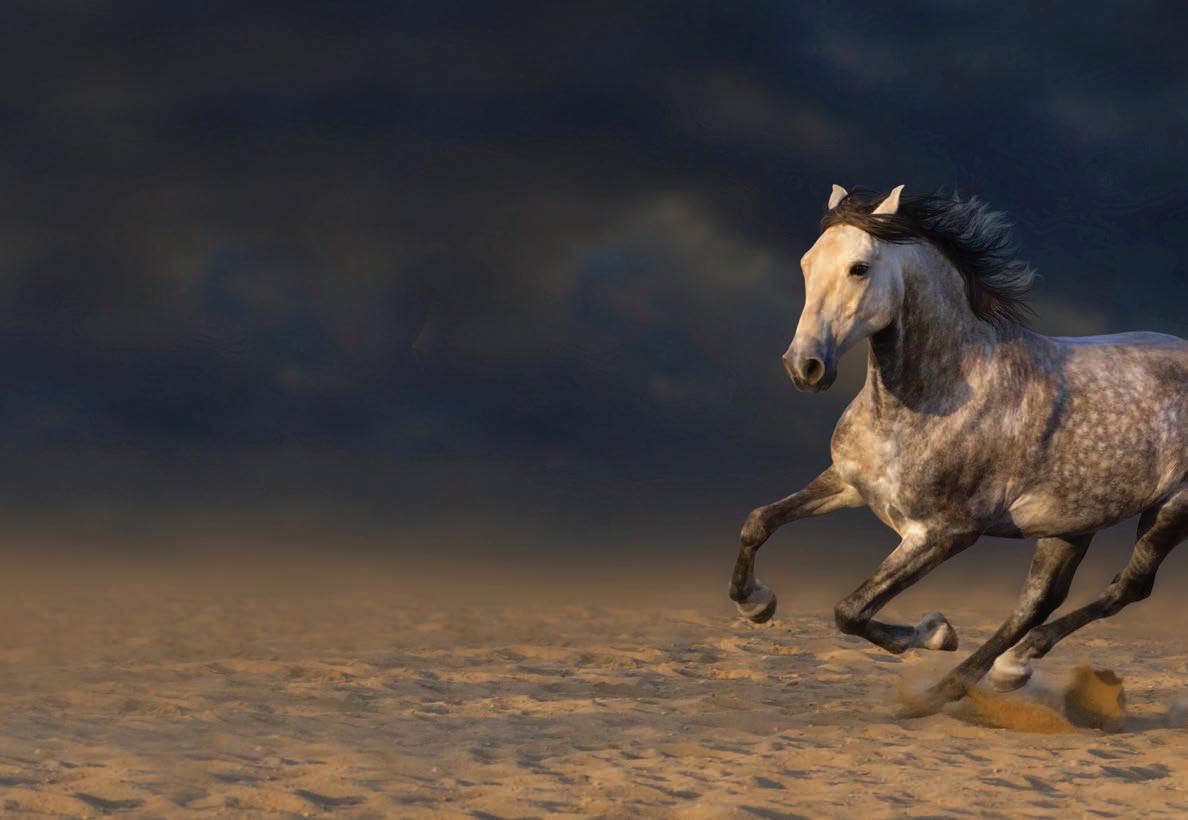
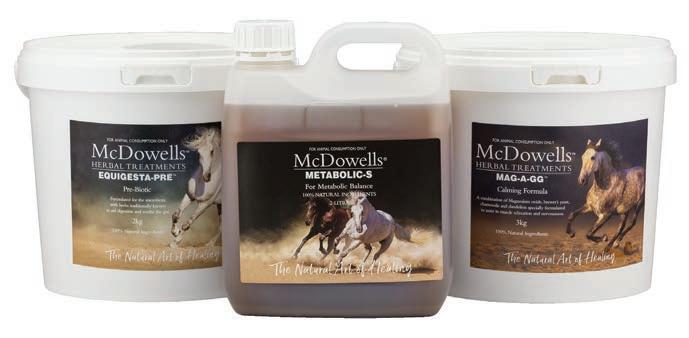
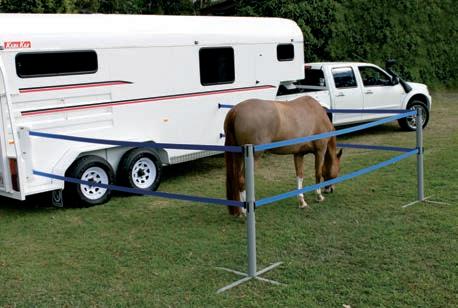
www.greystonevacuums.com
TRAVEL FENCE
$599 + shipping, order online now!
ENVIRONMENTAL Enrichment Suzy Maloney BEqSc
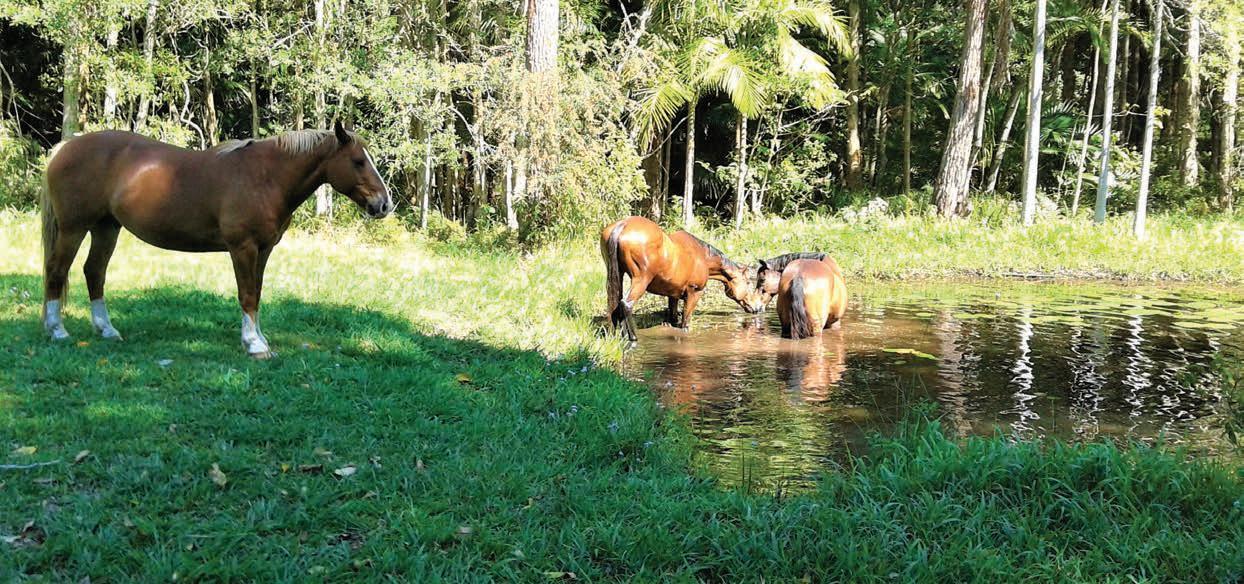
When I was at university doing my Equine Science degree, I chose an elective called Captive Animal Behaviour. I had completed Equine Behaviour and Horse Training as part of my degree, and was fascinated by animal behaviour. Captive Animal Behaviour brought in a whole new field of information, as it focused on wild animals within a captive environment. The strongest component of the course was the topic of Environmental Enrichment. This dictates that the human handler of any animal is responsible not only for the physical needs of the animal; food, water, shelter etc., but also for the emotional and social needs of the animal. How this is achieved is to enrich the environment such that it resembles as closely as possible the natural environment. For wildlife parks and zoos this is a primary concern. Animals provided with an enriched environment are happier, healthier, live longer, breed more easily and are easier to handle. While this is recognised in the field of captive animals, it is often not addressed with domestic animals. Horses are kept in small stables and yards, without other horses and sometimes even without basic needs such as shelter. A horse’s environment needs to be interesting and varied and provide social interactions for them to thrive. Inside every domestic horse is the origional wild horse.
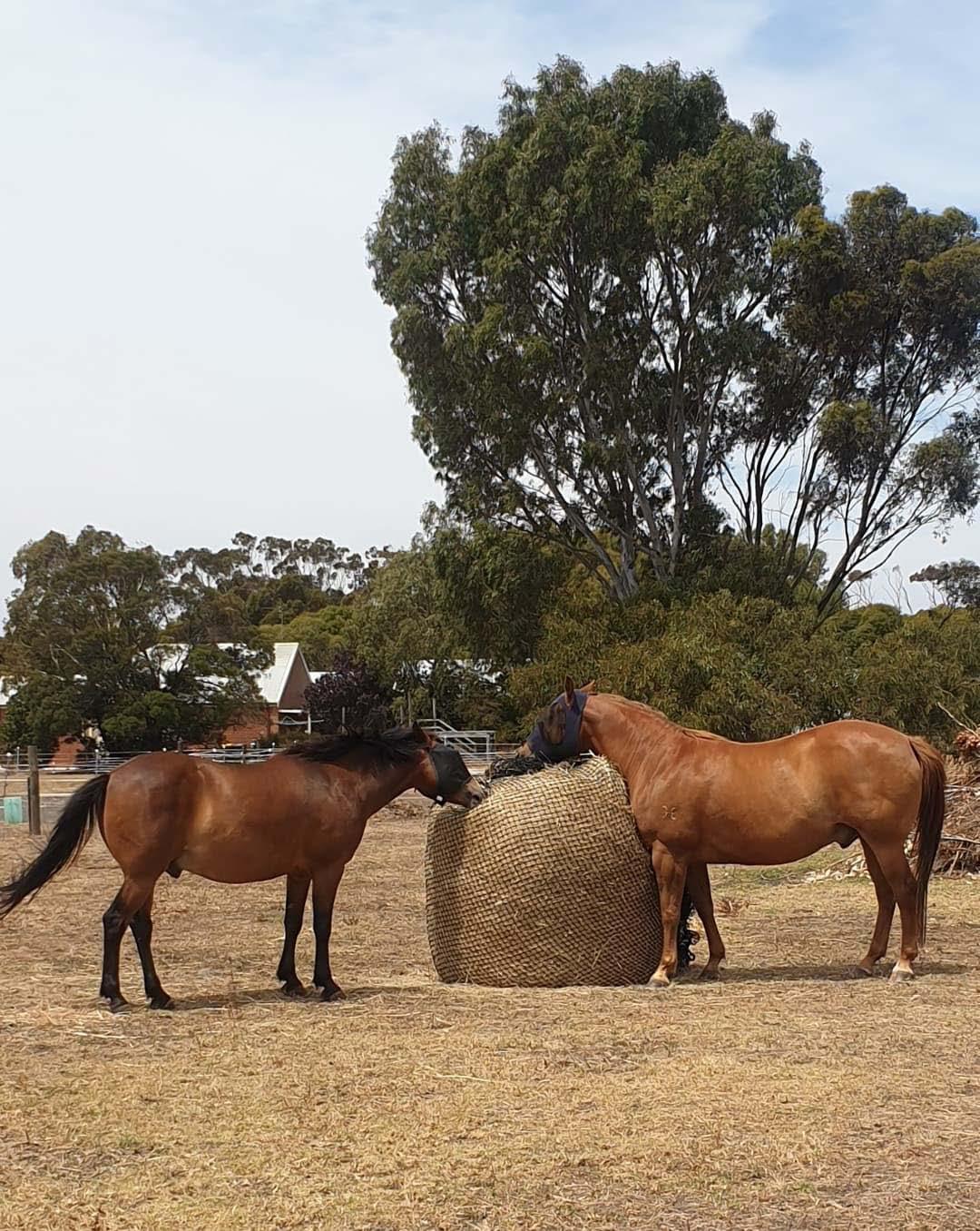
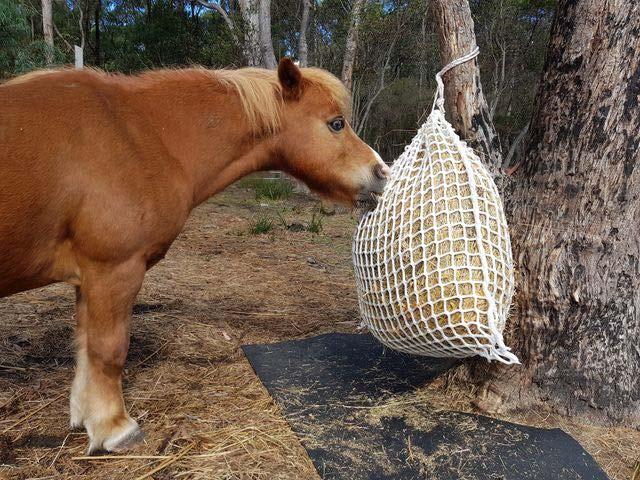
NEW Knotless Nets & Original Knotted Nets & Original Knotted Nets available in small, medium, available in small, medium, large, round bale & large, round bale & large square bale sizes. large square bale sizes. NEW Knotless Nets Knotless Nets
APPLY VOUCHER CODE: EQNEWS10 TO RECEIVE 10% OFF HAY NETS
admin@gutzbusta.com.au www.gutzbusta.com.au







